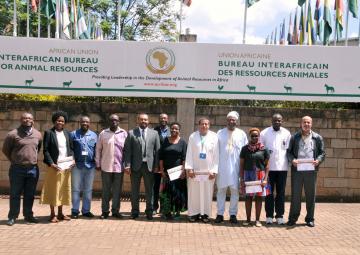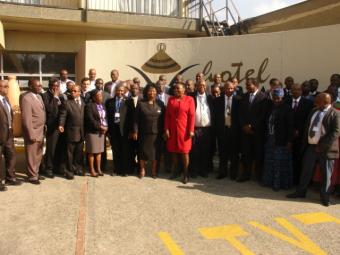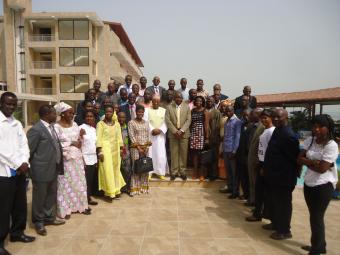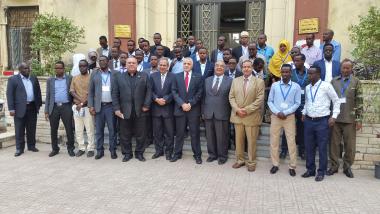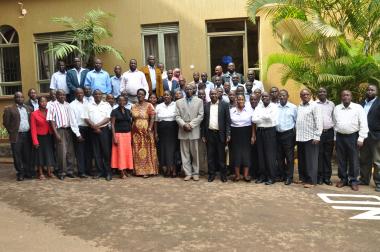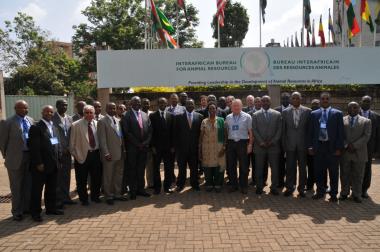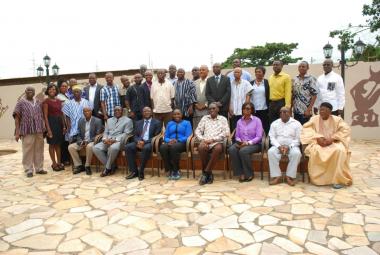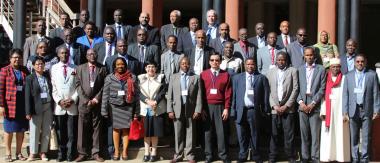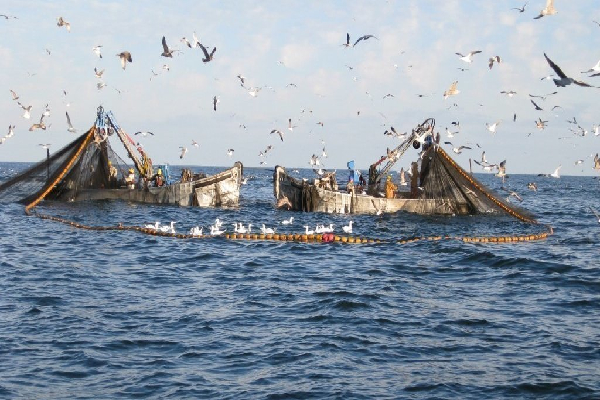
In order to strengthen the conservation and protection of Africa's shared aquatic habitats, AU-IBAR assembled a panel of experts for an online validation session on November 30th, 2023. These experts were critical in analysing and certifying two key studies published as part of the Swedish International Development Agency-funded Conserving Aquatic Biodiversity Project.
The first report, titled the "Assessment of the Status of Monitoring, Control, and Surveillance (MCS) Systems for Conservation and Protection of Aquatic Biodiversity in Shared African Aquatic Ecosystems in the East and Southern (ESA) Regions of Africa," constitutes a meticulous evaluation of the prevailing MCS systems within the ESA regions. This assessment delves into the intricacies of these systems, spotlighting their strengths, limitations, and potential areas for improvement. It encompasses a thorough analysis of technological capabilities, human resources, legal frameworks, and the collaborative efforts among stakeholders towards the implementation of MCS systems. By shedding light on these critical aspects, this report aims to provide tailored insights to bolster MCS strategies specific to these regions.
The second report presented during this session focuses on the "Development of a Framework for Establishing Innovative Cost-Effective Financial Mechanisms for Sustainable MCS and Enforcement Systems for the Conservation of Aquatic Biodiversity and Environmental Protection in Shared African Aquatic Ecosystems." This strategic document serves as a guiding light for African nations grappling with the complexities of conserving their aquatic ecosystems. Fundamentally, it outlines imperative measures essential for sustainable conservation practices. By advocating for innovative financial mechanisms, collaborative approaches, and robust enforcement systems, the report charts a path toward preserving Africa's invaluable natural resources.
The significance of these reports transcends mere documentation. They stand as crucial roadmaps for African nations united in their commitment to safeguarding their shared aquatic ecosystems. Through advocating innovative financial mechanisms, emphasizing collaborative strategies, and fortifying enforcement systems, these reports lay the groundwork for ensuring the sustainability and vitality of Africa's aquatic biodiversity. Their implementation holds the key to securing these invaluable resources for both present and future generations.
As we navigate the ever-evolving challenges posed by climate change, habitat degradation, and exploitation of natural resources, initiatives like the Conserving Aquatic Biodiversity Project, under the auspices of AU-IBAR, signify our collective dedication to environmental preservation. These reports not only offer insights but also serve as beacons guiding Africa toward a future where aquatic biodiversity thrives in harmony with responsible human interaction, ensuring the longevity of these vital ecosystems.
Access other documents on Fisheries, Aquaculture, and Blue Economy via: http://repository.au-ibar.org/handle/123456789/1169

